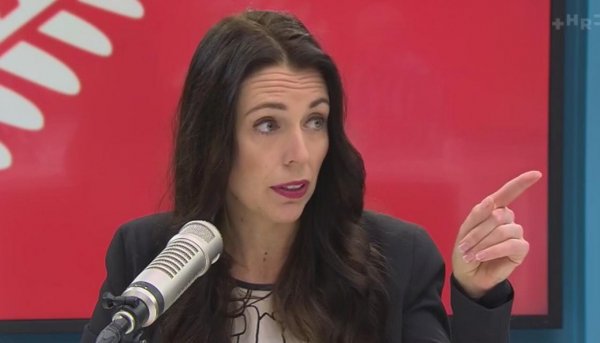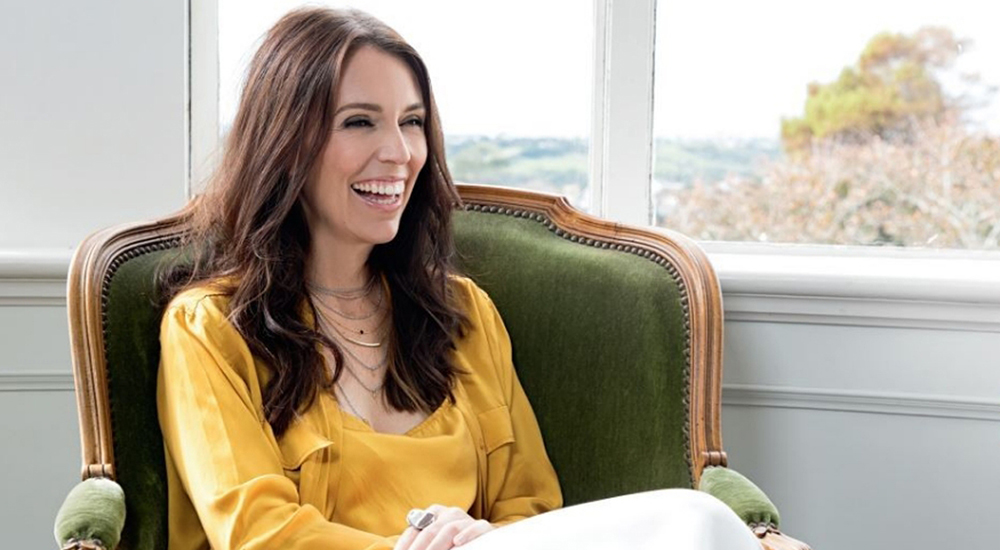Female leadership is hardly a new concept to New Zealand, a country which has had not one, but two successful female prime ministers – namely, Jenny Shipley and Helen Clark. Yet the circumstances surrounding tomorrow’s election are unprecedented: Shipley took over leadership while her party was in government, and Clark was opposition leader for six years prior to becoming Prime Minister – after running against and defeating Shipley in the first and only New Zealand election in which the leaders of both major political parties were women. Despite this, Jacinda Ardern seems to be a welcome breath of fresh air.
Jacinda Ardern seems to be a welcome breath of fresh air.
That being said, things aren’t as simple as they seem. When it comes to party leadership, research suggests that there are three criteria candidates need to meet: acceptability (liked by the party), electability (liked by the public), and capability (liked by the parliament).
At face value Ardern ticks all of these boxes, but in each case there is cause for pause. Careful consideration of each criterion can reveal small inconsistencies. At 37, and as a woman, Ardern is already operating as a political outsider, and any sign of weakness could cost her the election. It would seem that in some cases, meeting the criteria may not be enough.
How ‘acceptable’ is Jacinda Ardern?
Jacinda Ardern ran unopposed for the leadership of the Labour party following Andrew Little stepping down. It is unclear what this suggests about Ardern’s acceptability within her party. On the one hand, a lack of opposition could suggest that Arden is widely supported.
At 37, and as a woman, Ardern is already operating as a political outsider.
However if there is any internal division, with no alternative candidate, party members had no choice but to vote for her. Opposition is therefore indiscernible.
Research argues that women are granted opportunities to lead when circumstances are less than favourable. A significant reason for this is because men choose not to contest elections during hard times due to the reputational risk, deciding to instead bide their time and seize the opportunity in more happy circumstances.

Jacinda Ardern calls out AM Show host Mark Richardson after he stated New Zealand had a right to know if she intended to fall pregnant should she be elected to the Prime Ministership.
Taking over leadership of an out of touch opposition two months prior to an election is not a happy circumstance. Regardless of the election result, if Ardern missteps, she could face an internal challenge at any time.
How ‘electable’ is Jacinda Ardren?
While a bounce in opinion polls is to be expected following the installation of a new leader, a 20 point jump, as Ardern experienced, is almost unprecedented. When Ardern took over from Little, most commentators predicted a shift of two or three points in the polls.
The Labour Party’s surge to the front of the election race suggests that superficially, Arden is very electable. In some ways, Ardern has become a celebrity figure with the media regularly suggesting that New Zealand has fallen victim to ‘Jacindamania’.
Ardern has become a celebrity figure with the media regularly suggesting that New Zealand has fallen victim to ‘Jacindamania’.
Even the National party have made the decision to attack the Labour party, rather than Arden herself, realising that there is little to be won going after a woman running a campaign of “relentless positivity”.
One issue that complicates a seemingly open and shut case is that Arden has only been elected once. Although she has served as a member of the Labour party for almost a decade, she has almost always been a list member; chosen by the party, not by the people. Outside of the by-election in Feburary, the three elections that she has contested she has lost.
How ‘capable’ is Jacinda Ardern?
This is the media’s favourite question to deliberate over when it comes to a hypothetical Prime Minister Arden. If successful, Ardern would be the youngest Prime Minister to ever hold office in New Zealand.
However age is not synonymous with experience. Arden has held a political seat for nine years, and has been involved in politics for close to 20 years. She has worked in international political organisations and as a staffer for Phil Goff, Helen Clark, and Tony Blair in the United Kingdom.

Former New Zealand Prime Minister Helen Clark hugs Labour Party leader Jacinda Ardern after the Labour Party campaign launch.
She has also occupied high ranking positions within the Labour party including Spokesperson for Social Development, and Shadow Minister of Justice, Children, Small Business and Arts & Culture. Furthermore she has served as the Deputy Leader of the Opposition, giving her six years of shadow ministerial experience. By all accounts she has quite a strong body of experience.
Despite this extensive list of political achievements, Arden is still plagued by the assertion that she is somehow not up for the job. One must question the basis for this assumption, as John Key, arguably one of New Zealand’s most favoured leaders, ascended to the leadership from the backbench with no ministerial experience and only four years of experience in politics.
Despite this extensive list of political achievements, Arden is still plagued by the assertion that she is somehow not up for the job.
Unfortunately, politics is a game of perception, and while she has done a good job of quieting concerns to do with her abilities (presumably prompted by her age and gender), she nevertheless still needs to convince the public to look past her youth. If she fails to do that, it may cost her the election.
Jacinda Ardern, like so many female leaders before her, begs the question: is it enough to meet the criteria, given that the bar for political success is set so much higher for women? An election success would certainly be a reason to hope that meeting – or even exceeding – the criteria is indeed enough for women to be considered capable leaders. Regardless of result, her time as leader of the New Zealand Labour party has already raised the stakes for women with aspirations for political power.




